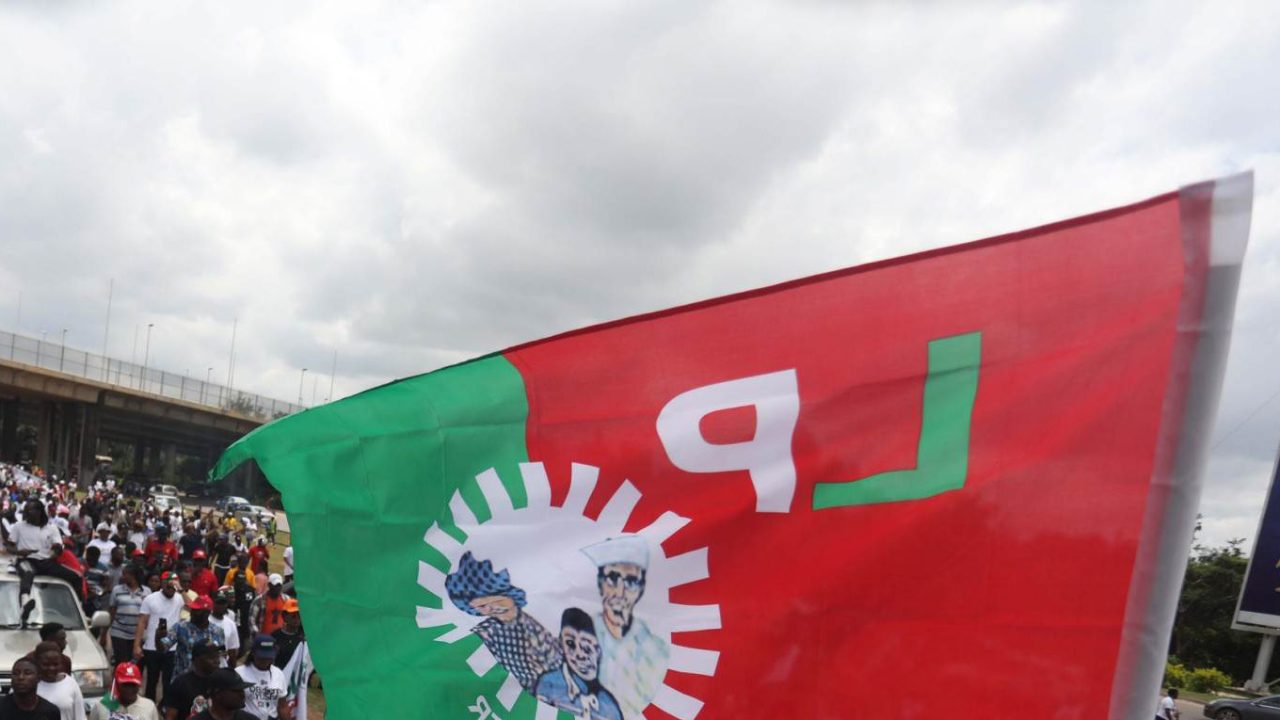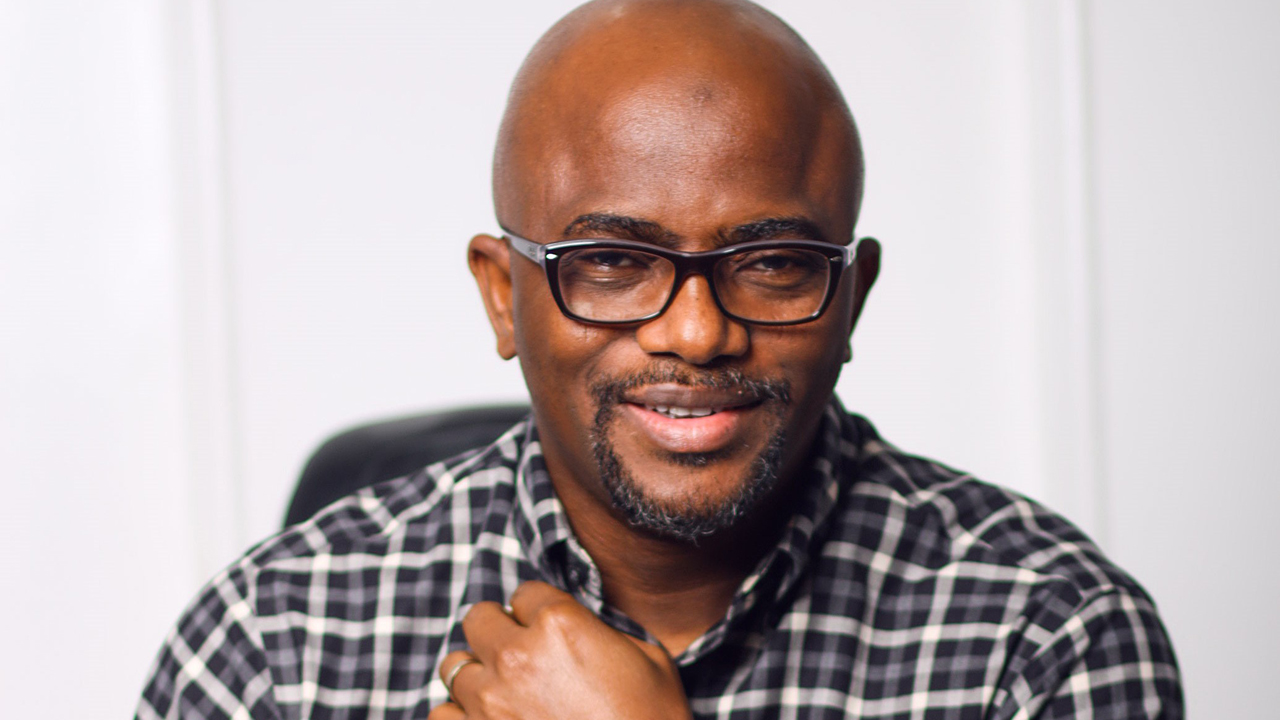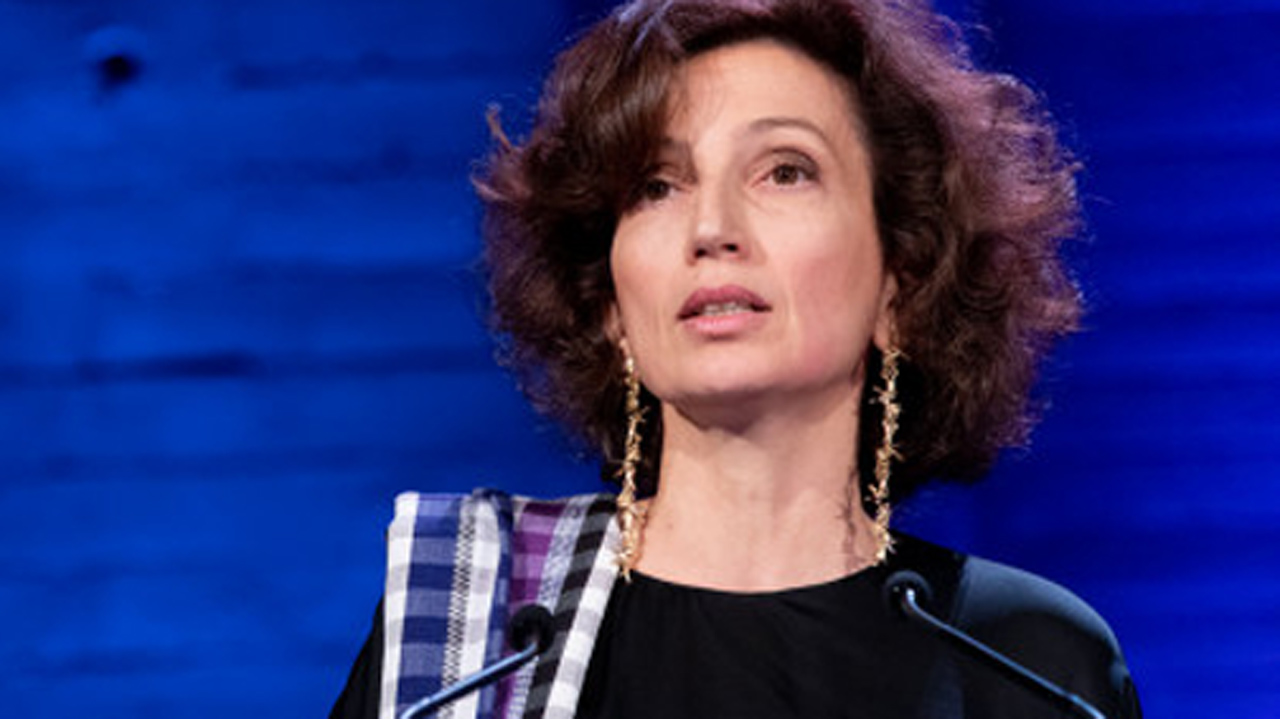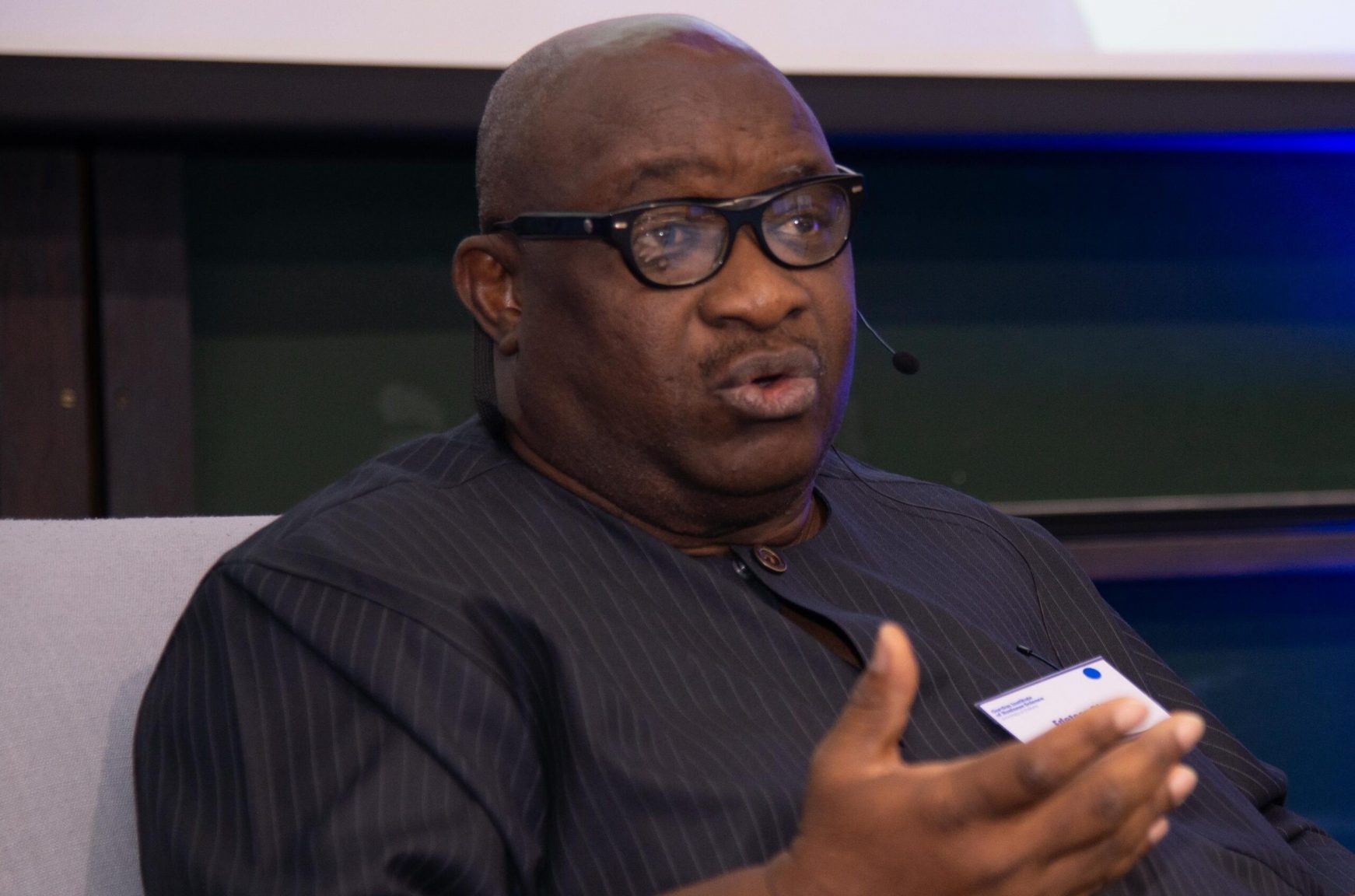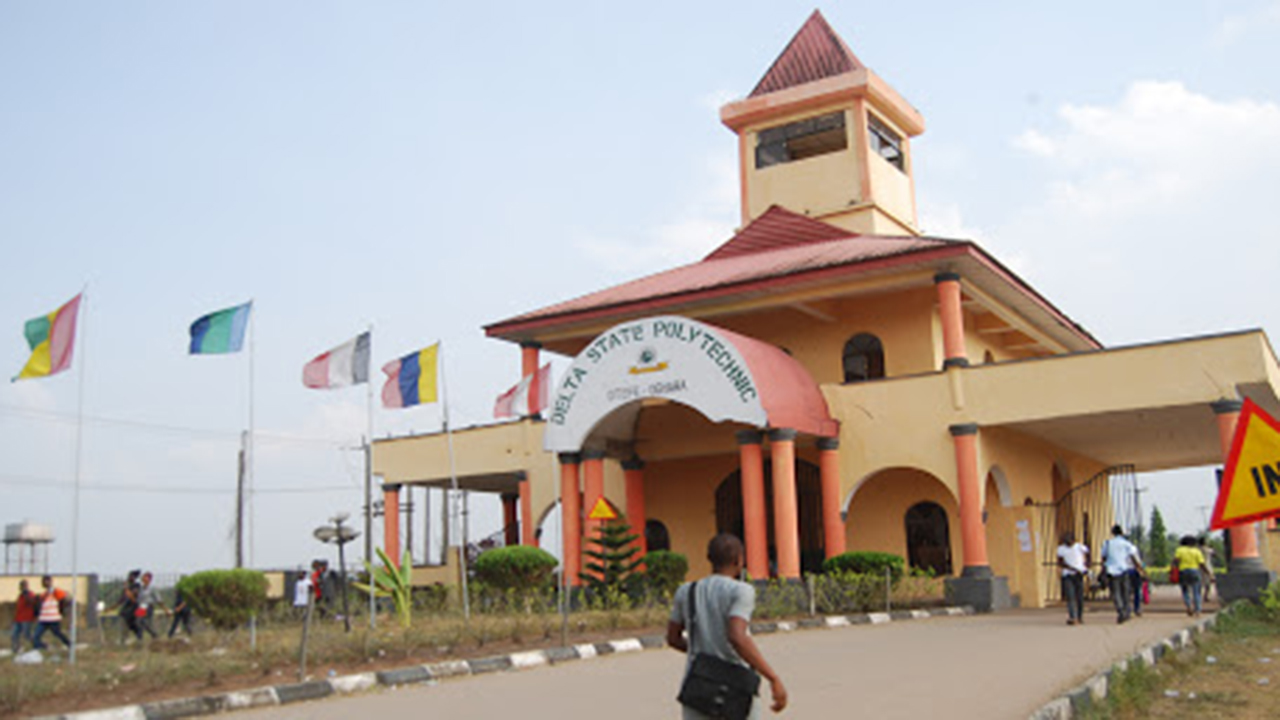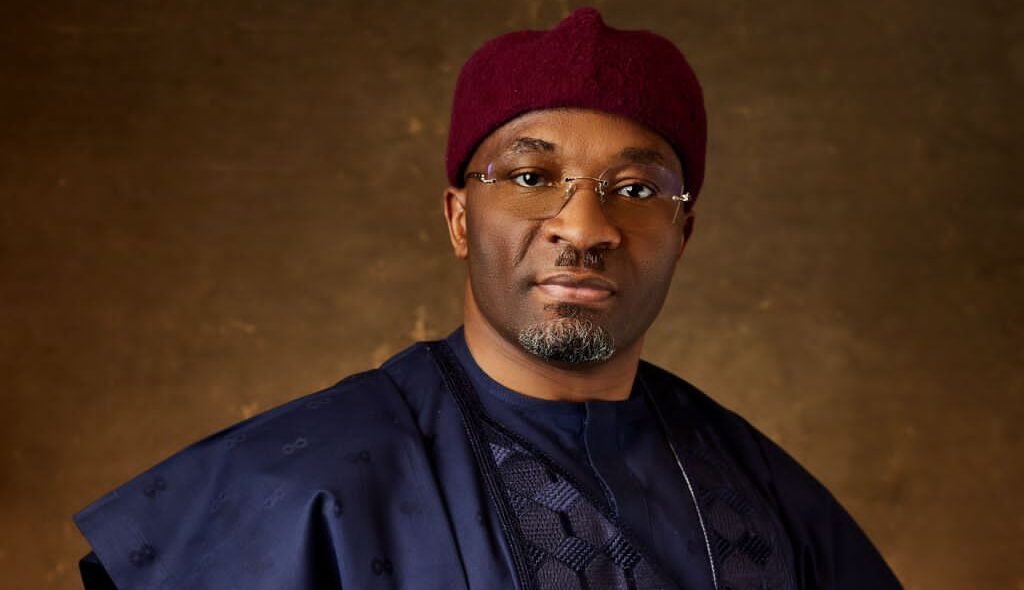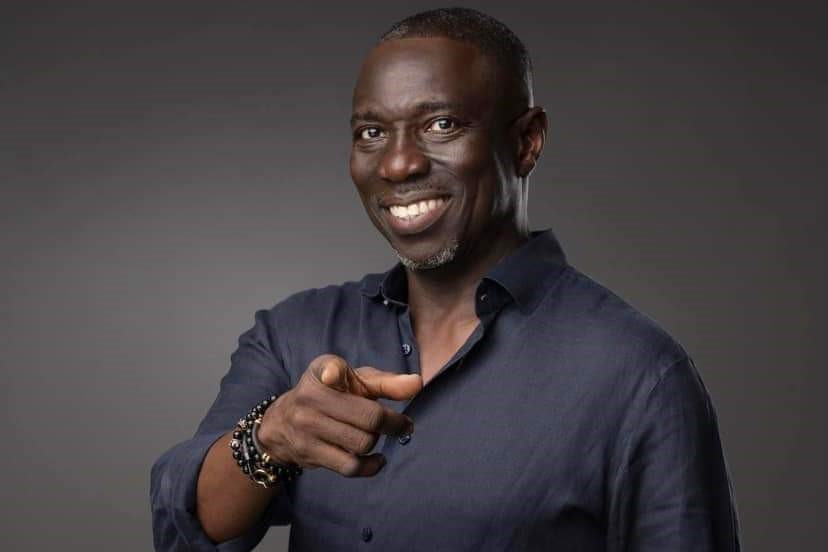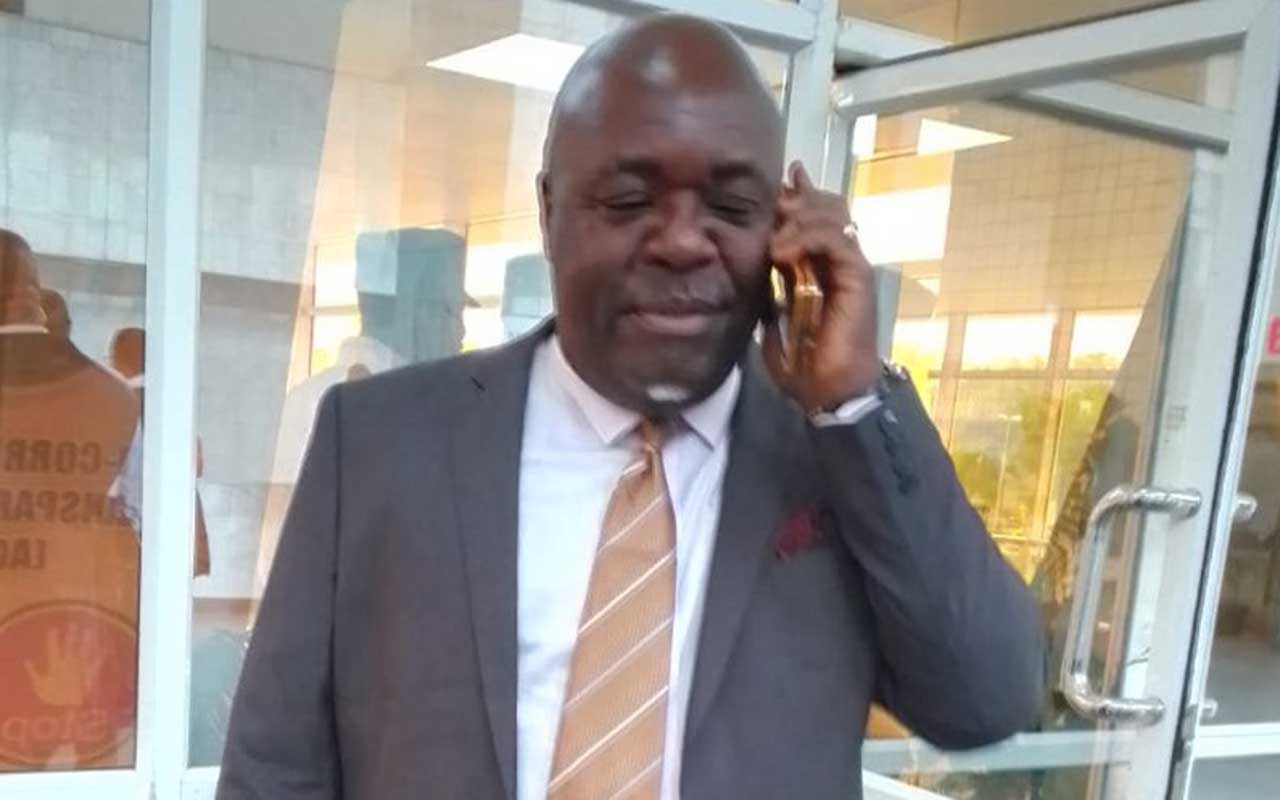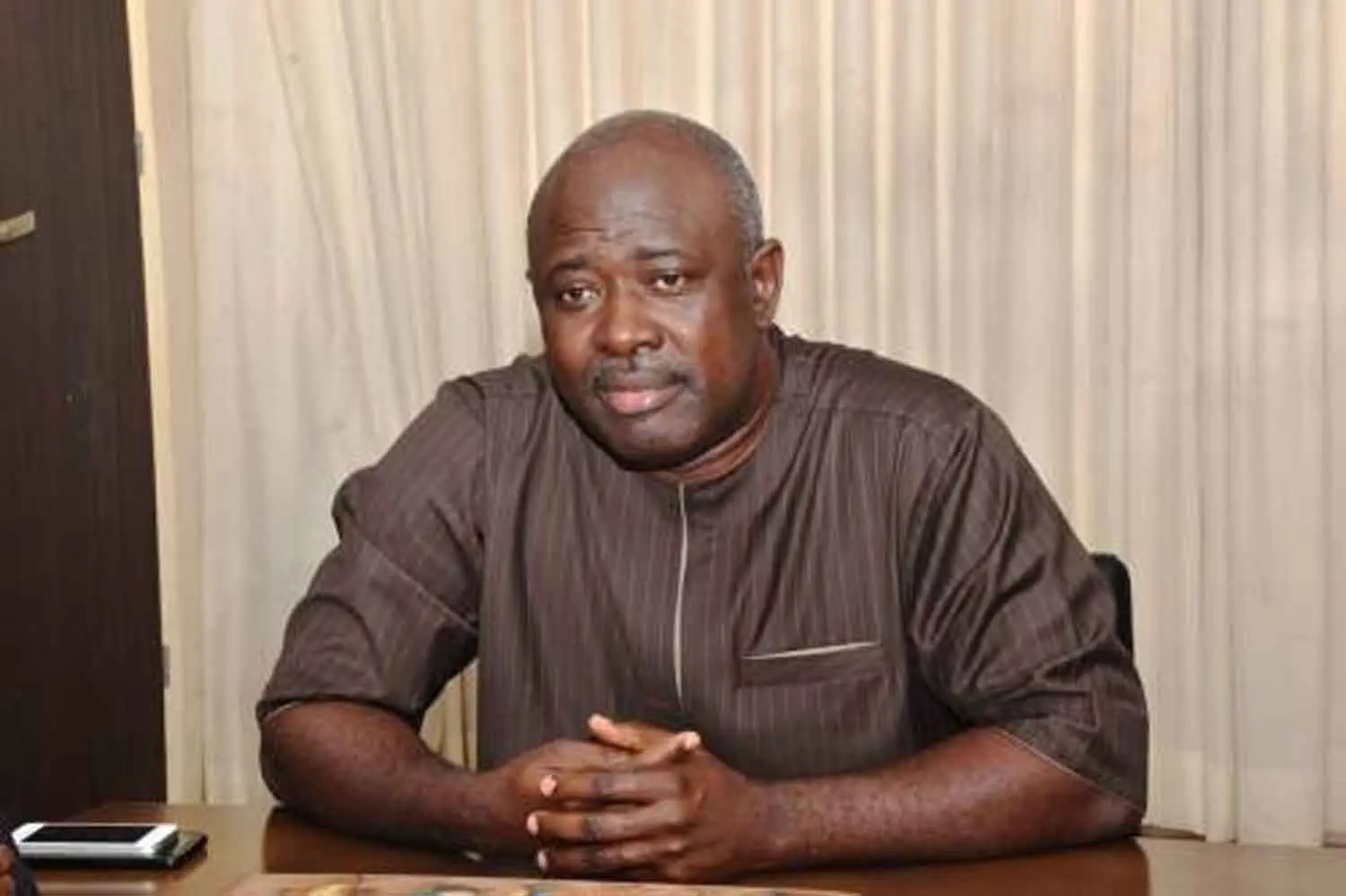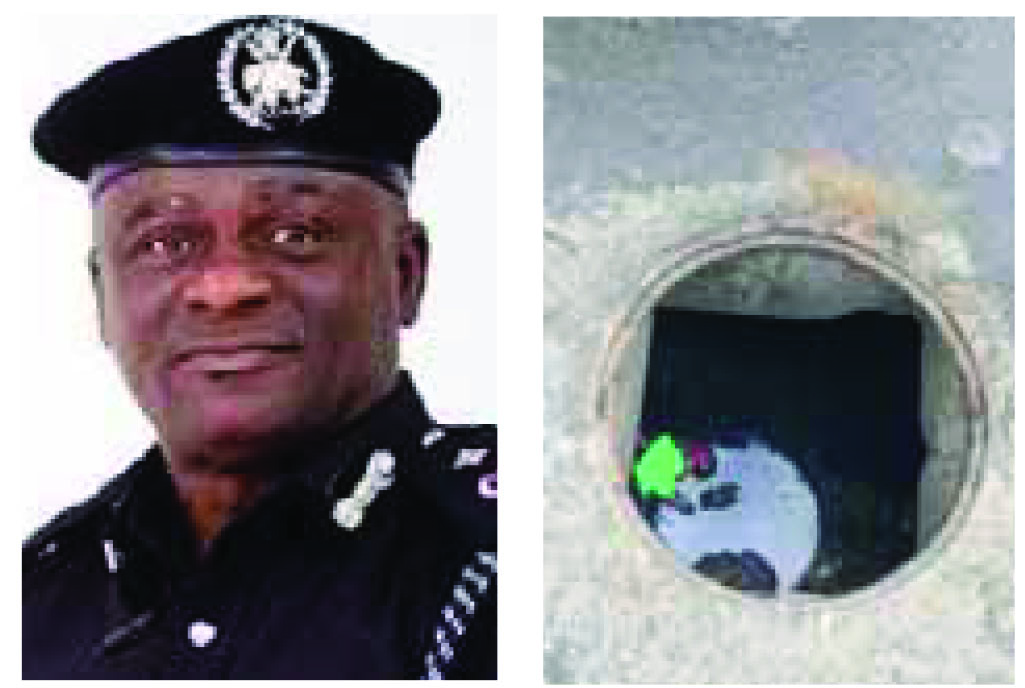Tomorrow, Thursday, July 25, 2024, a students’ workshop, Understanding African Abolition Context and Methodologies, will hold at the National Museum Lagos, Onikan. The workshop will interrogate the Historical Context of African Involvement in the Abolition Movement. Prof. Muritala and Dr. Michael Odijie are expected to do justice to the topic.
Thereafter, Research Methodologies for uncovering marginalized voices takes the centre stage. It will be handled by Dr. Ineke Joseph and Jacob Adesina.
This workshop and others are organised as part of the AFRAB project, funded by the European Research Council (ERC) under the Horizon 2020 research and innovation programme of the European Union (Grant Agreement No. 885418).
On Friday, another workshop for teachers, lecturers and curriculum developers will follow. The theme is Teaching and Research Methods on African Voices in the Abolition of Slavery.
This workshop is designed for educators at the secondary school and university levels to develop effective research methods and pedagogical strategies for researching and teaching African perspectives on the abolition of slavery.
The workshop will help educators to: Enhance understanding of the roles Africans played in abolition movements. Encourage critical thinking and analytical skills among students through diverse sources. Equip educators with tools to teach research methodologies focused on African history and the abolition of slavery. Foster a more inclusive curriculum that highlights varied historical perspectives.
While on Saturday, another workshop, focused on community leaders, media, campaigners, and civil society. It is themed Nigerian Voices Against Slavery.
A keynote address, titled, Local Initiatives in the Abolition of Modern Slavery by Dr. Patience Mamie Kolade will be delivered.
There will also be paper on The Role of Media and Communication in Shaping Anti-Slavery Narratives by Funke Egbemode. Also scheduled for Saturday is a roundtable on modern campaign against slavery in Nigeria.
The series of workshops aimed to deepen the engagement and understanding of crucial issues about slave trade and human trafficking in the continent.
The workshops will provide a platform for campaigners, scholars, and students to collaborate and exchange ideas.
These sessions will cover various topics, including historical context, current challenges, and strategies for advocacy and action.
“We are particularly excited about the workshop involving campaigners, which will take place on Saturday. This session will offer hands-on activities and discussions led by experts actively working in the field, providing valuable insights and practical knowledge to participants. We believe that these events will foster a meaningful dialogue,” said a statement from the National Museum, Lagos.
Already, there is an exhibition along the line of the workshops, which is titled, Local Voices Against Slavery. It opened on July 8, 2024.
Organised by University College, London, the exhibition features display of Nigerian figures, who fought against slavery. From historical victims, who became abolitionists, such as Olaudah Equiano and Nicholas Said, to early missionaries such as Bishop Samuel Ajayi Crowther and James Johnson, the exhibition traces the history of resistance to slavery.
The exhibition is also showcasing early movements like the Lagos Auxiliary of the Anti-Slavery and Aborigines Protection Society, which opposed the colonial government’s pro-slavery laws, the Osu Abolition Movement, and political figures such as Nnamdi Azikiwe. The exhibition continues up to include modern anti-slavery activists. The exhibition ends August 10.
The exhibition is part of a research programme conducted by University College, London, in collaboration with the University of Ibadan. The research project, titled African Abolitionism: The Rise and Transformations of Anti-Slavery in Africa, aims to study local abolitionism on the continent.
The conventional narrative about the abolition of slavery in Africa is largely centred on European efforts. However, the role played by local Africans in combating slavery within their own societies has received minimal attention. This is the first research project dedicated to studying local abolitionism across different regions of Africa.
According to the statement from the museum, the exhibition highlights the local voices against slavery in Nigeria, “bringing together a diverse range of historical and contemporary perspectives.”
The exhibition aims to educate and inspire African communities by showcasing personal stories and scholarly research that underline the ongoing struggle against slavery and human trafficking, the statement said.


